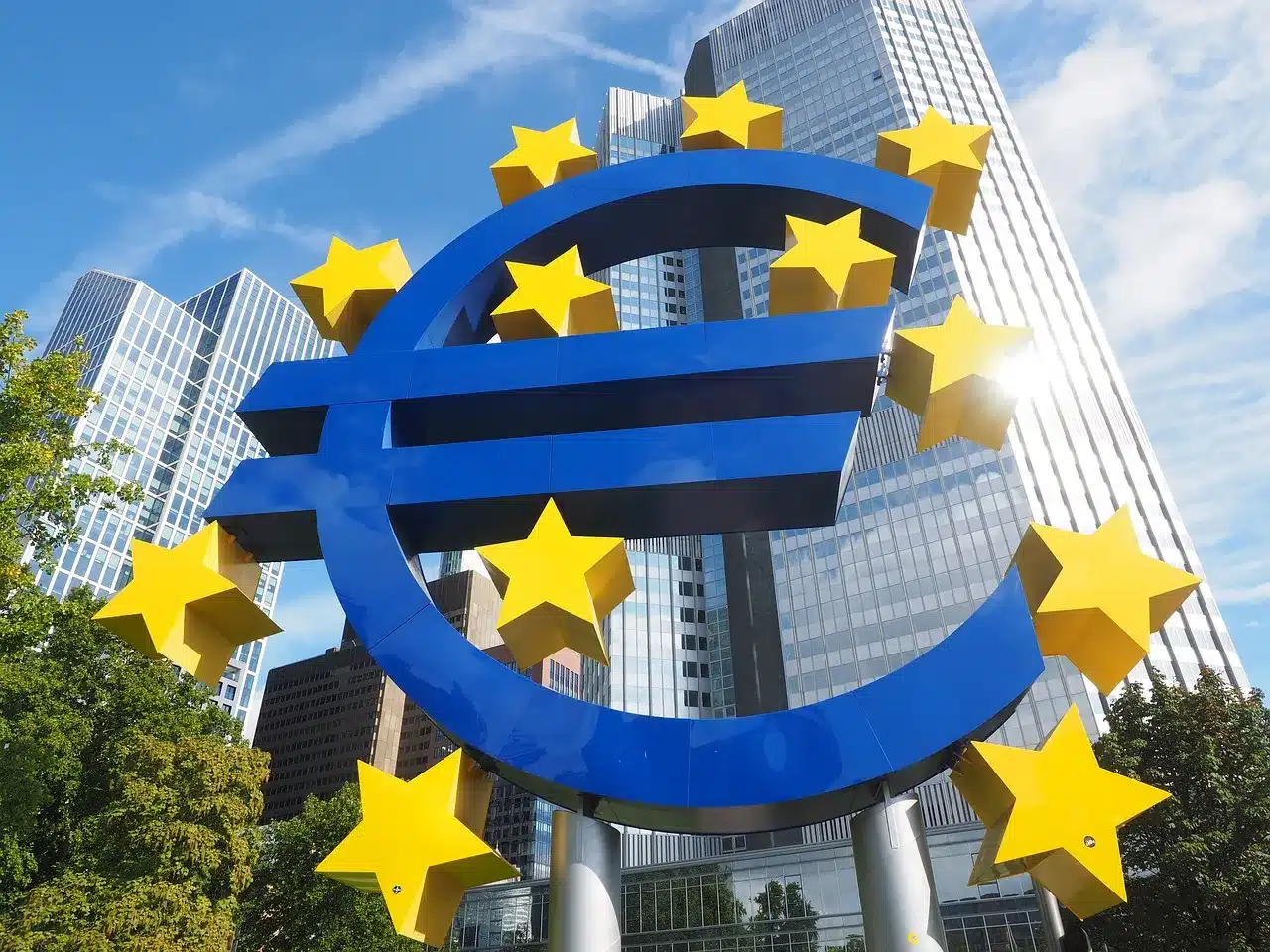- We expect that at the next meeting on September 12, the European Central Bank (EBC) will lower the deposit rate for the second time this year to 3.50% after a pause in July.
- Given the drop in inflation to 2.2% YoY in August, a relaxation of the restrictive approach is warranted.
- In the future, the EBC will follow a gradual rate cutting cycle, reaching a final rate of 2.5% by mid-2025.
- However, with record low unemployment, strong wage growth, and sticky core inflation, the EBC is not rushing and will likely emphasize a cautious, data-dependent approach.
The EBC is soon to make the second interest rate cut of the year, as the inflation target is getting closer. At the next meeting on September 12, the EBC is likely to cut the deposit rate by 25 basis points to 3.50%, which will be the second cut in this cycle after a pause in July. It should be noted that the rate for the main refinancing operations (MRO) and MLF (Marginal Lending Facility – the rate at which the EBC lends in euros to commercial banks located in the euro area) will drop by even 60 basis points to 3.65% and 3.90% for technical reasons, but without any impact on the economy.
With inflation falling to a gratifying level of 2.2% YoY in August, relaxation of the restrictive stance is warranted. However, there are some reservations. Inflation in the Eurozone fell from 2.6% YoY to 2.2% in August, which is the lowest readout since 2021. This was largely due to base effects and a decline in the energy component of inflation. Core inflation only slightly fell from 2.9% YoY to 2.8%. More worryingly, core prices’ monthly change even accelerated to 0.3% MoM.
Thus, while at first glance it seems that the inflation target is within the EBC’s reach, sequential core inflation stubbornly remains above 3% for six months. This is still driven by inflation in the service prices, which even rose to the highest reading in almost a year (4.2% YoY), albeit slowing sequentially. Service prices continue to be driven by historically high wage growth.
While we can still expect a slowdown in wage growth, which should then translate into a slowdown in service prices with lower demand, there are no signs yet in the hard data. On the other hand, survey-based indicators show signs of a easing scenario, and the PMI service input price sub-component (largely wage-driven) dropped in August to 58.0, the lowest level since 2021.
Source: https://ceo.com.pl/ebc-kolejne-ciecia-stop-procentowych-z-celem-inflacyjnym-w-zasiegu-wzroku-19218
